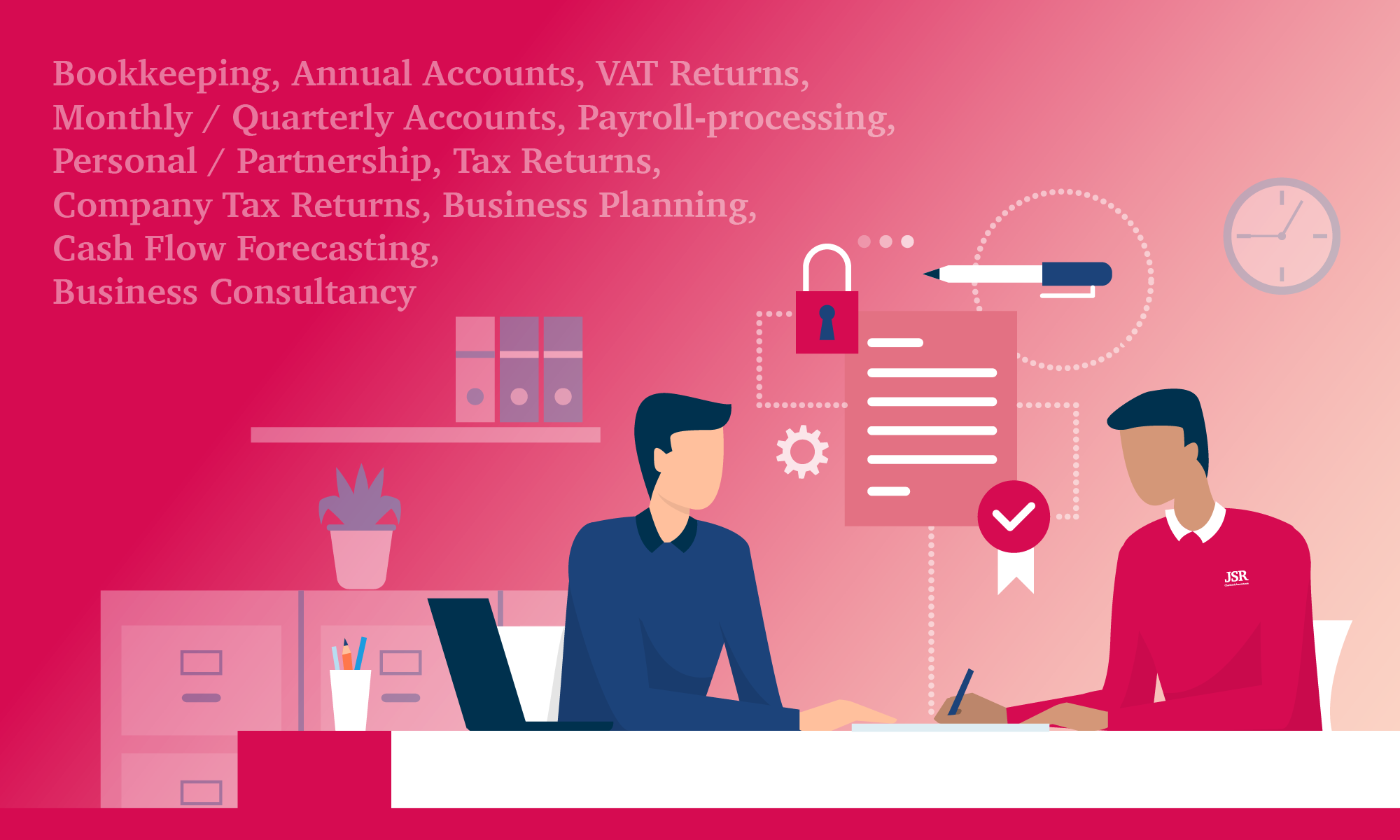When we got married we were both studying our professional exams and training to become accountants. We were attending university together on a Saturday, studying together and living and breathing the same text books for three solid years. It seemed to work OK, however there was one fundamental difference, we were not working in the same firm. Perhaps this is why it seemed to work so well.
Given that we were ‘heading in the same direction’ it seemed inevitable that one day we would go into business together and here we are.
When we first made the decision to work together, I thought this will be great, we had just started our family and it seemed, to me, to be the perfect situation. I could work and still be flexible for my young children and not miss out on them growing up. I was going to be super woman!! However, when I actually started to think about it seriously I thought, what if we ‘kill’ each other, or even worse what if I turn into my husband!! However, we decided to risk it and in January 2010 we decided to just ‘go for it.’ I have to say, if I am honest, there have been arguements, but we have never looked back!!
Husband and wife business partnerships are on the rise, we can see this in our client list, through colleagues and friends, and when it works it seems to be working very well.
When a husband and wife go into business together they have the same end goal and dedication. This type of dedication can help young companies get off the ground. When married couples work together, their business can become like their own baby. Their emotional involvement with each other spills over into an attachment with the company, driving people to be more dedicated than they would other-wise be.
Don’t get me wrong the constant interaction, the strain of juggling work and personal life, and the trials of entrepreneurship—especially in a difficult economy—can take a toll. The key however is getting the work life balance right.
I am not a marriage guidance counsellor but I thought I would share a few of our secrets and experiences that have helped make it work for us:
Figure out how you will physically work together. This will be different for every couple. Some couples can work well in the same office space however others may need to be physically separated if they’re going to work well together. If a separate space is necessary for you to make it work, then I suggest you find a separate space.
Make clear your roles. Going into business with your spouse or partner is exciting because you are building something and you will have the same dream. However, how you visualise you get there will most likely be different. Identify each others responsibilities, you will both have different strengths so use them. That way you’ll avoid stepping on each other’s toes and hopefully minimise any arguments.
Understand your working styles. This is another one that often gets forgotten when a couple works together. When we were both training we worked for different companies and naturally developed very different working styles, you need to understand how the other person likes to work, how you each deal with stress, and go into it with similar, or at least clear, expectations about sharing the work. We clashed at the very start on our very different working styles. I am ‘hyper’ organised, like things in a certain way, and especially like a nice tidy desk. My husband however, does not share my enthusiasm for a clear desk, but we got round it, by simply buying separate trays, and once a week we go through these trays and clear it all away. That way I didn’t have to look at lots of loose paper and my husband didn’t feel he had to file everything every two minutes. It is about finding the compromise and using it.
Communicate. It is so easy to forget that communication in a work environment is different from asking if the dishwasher is emptied or agreeing about who’s going to pick up the kids from school. Make sure you’re communicating about the day-to-day stuff as well as the big picture stuff. And if you have other people working for or with you, communicate with them too. Remember you are running a business together not separately!!
Leave work at work. You don’t want to be talking shop over dinner. It’s bound to happen and lets face it, it does, but try and minimise this where possible so as not to have your lives be all work all the time.
Leave home at home. This is the other side of that coin, but it can be less visible on your radar. If you’re working together it will help if you can maintain a professional relationship that’s focused on the business. Making your grocery list while you’re balancing the books can make everything feel smashed together, which is no fun – and not productive – for anyone.
Respect each other. You respect each other in your marriage (hopefully). If your spouse is your business partner you should treat that person the same way you’d treat any other colleague, whether a boss or a peer.
If you can manage all that, you might just be able to live – and work – happily ever after.

